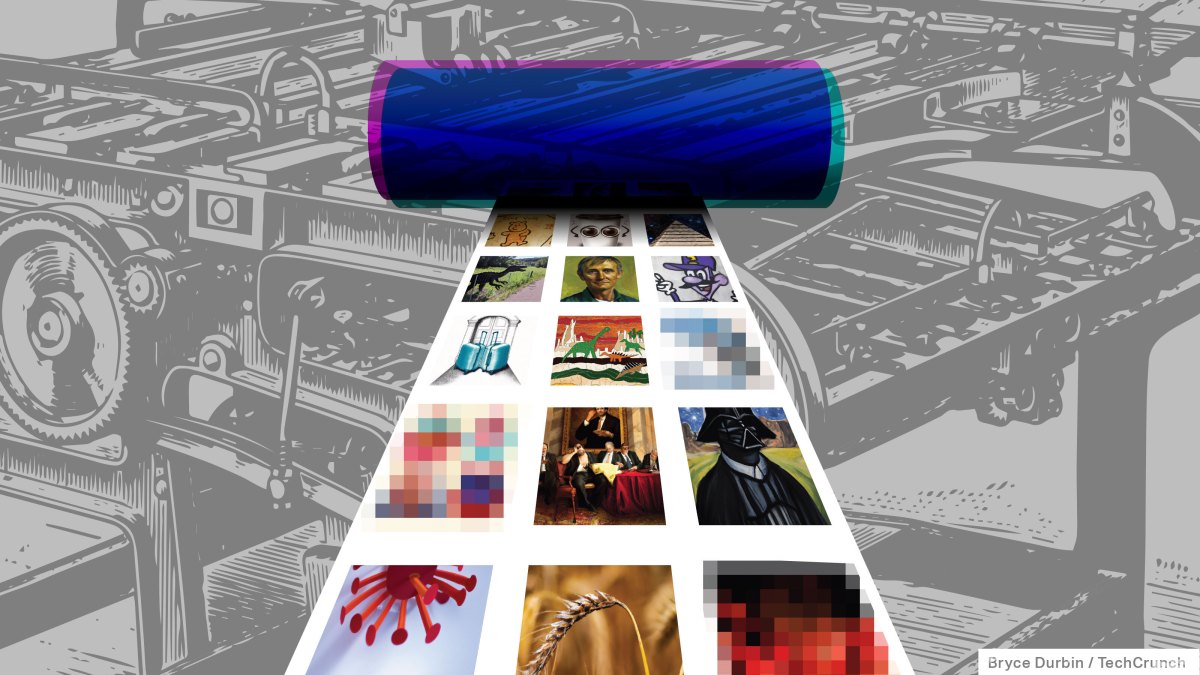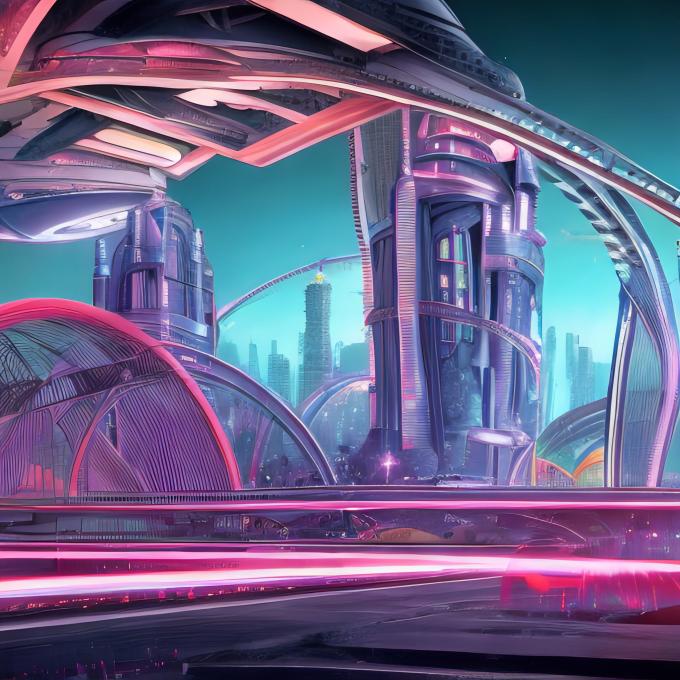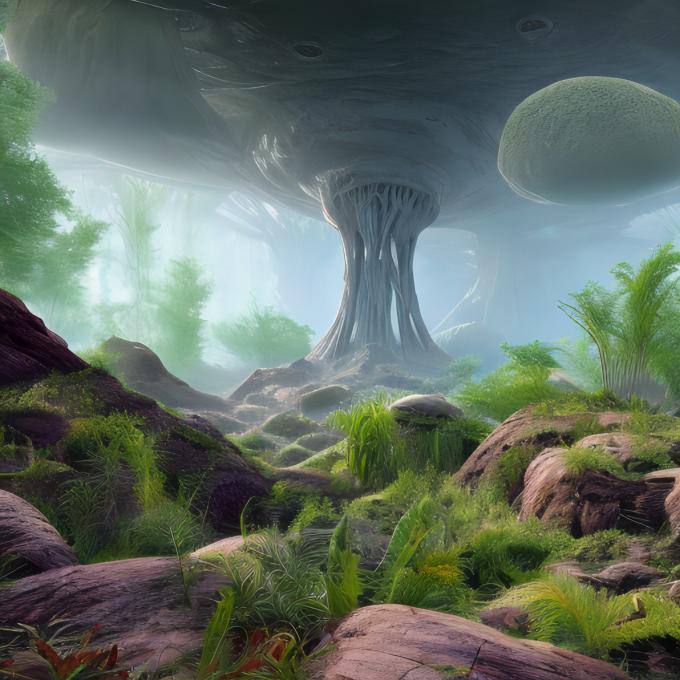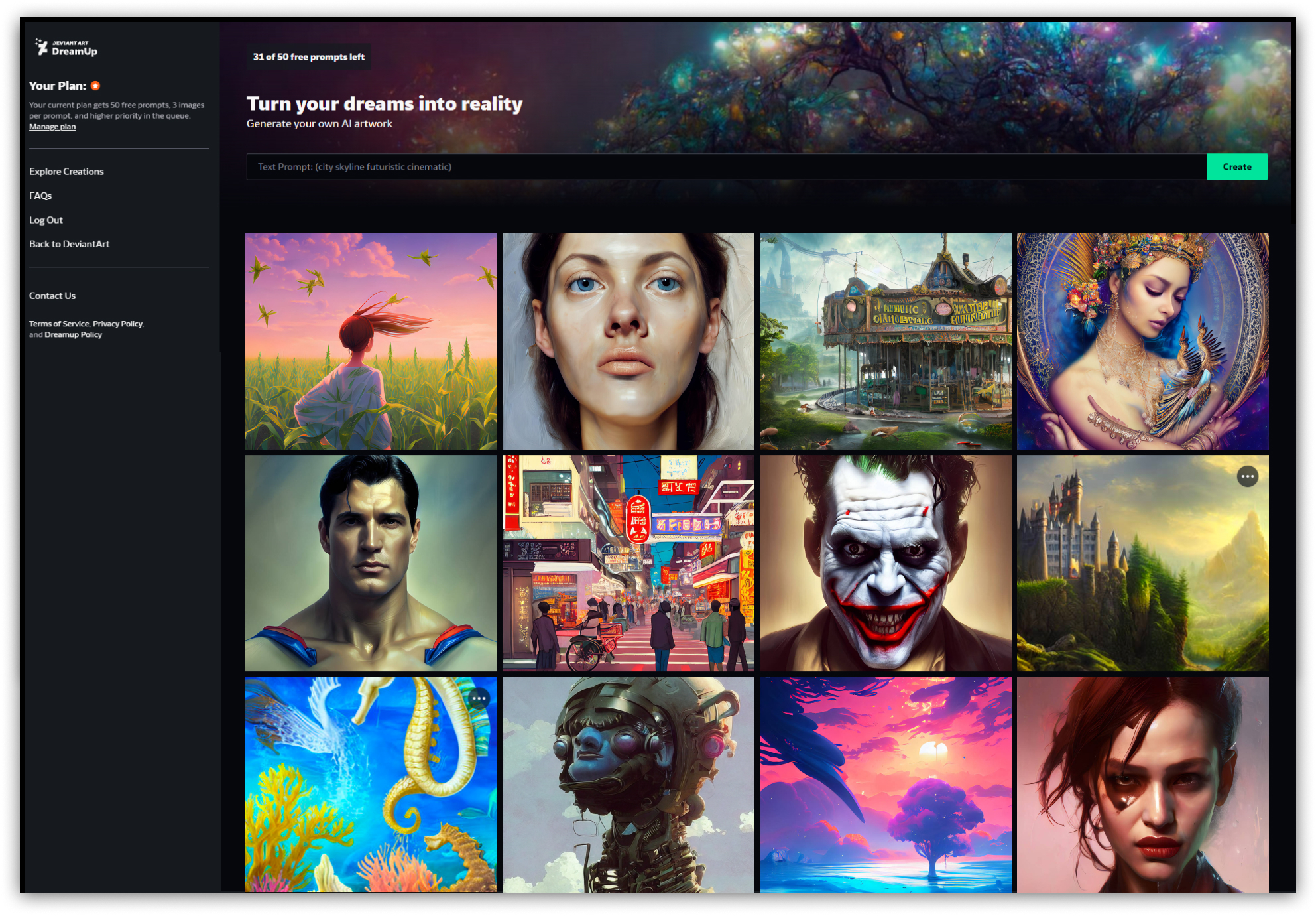Business
DeviantArt provides a way for artists to opt out of AI art generators

DeviantArt, the Wix-owned artist community, today announced a new protection for creators to disallow art-generating AI systems from being developed using their artwork. An option on the site will allow artists to preclude third parties from scraping their content for AI development purposes, aiming to prevent work from being swept up without artists’ knowledge or permission.
“AI technology for creation is a powerful force we can’t ignore. . . . It would be impossible for DeviantArt to try to block or censor this art technology,” CEO Moti Levy told TechCrunch in an email interview. “We see so many instances where AI tools help artists’ creativity, allowing them to express themselves in ways they could not in the past. That said, we believe we have a responsibility to all creators. To support AI art, we must also implement fair tools and add protections in this domain.”
As AI-generated artwork had began to proliferate on the web earlier this year, fueled by the release of text-to-image tools like Stable Diffusion and DALL-E 2, art-housing platforms were forced to take a policy stance. Some, including Newgrounds, PurplePort and Getty Images, banned AI-generated art altogether, concerned both about the impact to artists and the legal ramifications of art created by tools that were developed on copyrighted works.
Today’s bleeding-edge AI art tools “learn” to generate new images from text prompts by “training” on billions of existing images, which often come from data sets that were scraped together by trawling public image hosting websites like Flickr and ArtStation. Some legal experts suggest that training AI models by scraping public images — even copyrighted ones — will likely be covered by fair use doctrine in the U.S. But it’s a matter that’s unlikely to be settled anytime soon — particularly in light of contrasting laws being proposed overseas.
OpenAI, the company behind DALL-E 2, took the proactive step of licensing a portion of the images in DALL-E 2’s training data set. But the license was limited in scope, and rivals so far haven’t followed suit.
“Many creators are rightfully critical of AI-generation models and tools. For one, they do not give creators control over how their art may be used to train models, nor do they let creators decide if they authorize their style to be used as inspiration in generating images,” Levy continued. “As a result, many creators have seen AI models being trained with their art or worse: AI art being generated in their style without the ability to opt out or receive proper credit.”

Art created with DeviantArt’s DreamUp tool. Image Credits: Digitonaut / DeviantArt
DeviantArt’s new protection will rely on an HTML tag to prohibit the software robots that crawl pages for images from downloading those images for training sets. Artists who specify that their content can’t be used for AI system development will have “noai” and “noimageai” directives appended to the HTML page associated with their art. In order to remain in compliance with DeviantArt’s updated terms of service, third parties using DeviantArt-sourced content for AI training will have to ensure that their data sets exclude content that has the tags present, Levy says.
“DeviantArt expects all users accessing our service or the DeviantArt site to respect creators’ choices about the acceptable use of their content, including for AI purposes,” Levy added. “When a DeviantArt user doesn’t consent to third party use of their content for AI purposes, other users of the service and third parties accessing the DeviantArt site are prohibited from using such content to train an AI system, as input into any previously trained AI system or to make available any derivative copy unless usage of that copy is subject to conditions at least as restrictive as those set out in the DeviantArt terms of service.”
It’s an attempt to give power back to artists like Greg Rutkowski, whose classical painting styles and fantasy landscapes have become one of the most commonly used prompts in the AI art generator Stable Diffusion — much to his chagrin. Rutkowski and others have expressed concern that AI-generated art imitating their styles will crowd out their original works, harming their income as people start using AI-generated images for commercial purposes.
The tools have set off firestorms of controversy in recent months. A system trained to imitate the style of acclaimed South Korean illustrator Kim Jung Gi, who passed away suddenly in early October, was condemned by many in the art community as a tasteless stunt. After winning a prize at the Colorado State Fair’s art competition, artwork made by AI set off a fierce backlash. Elsewhere, character designers like Hollie Mengert have decried what they see as poor AI imitations of their style that are nevertheless inexorably tied to their names.
For DeviantArt’s part, it’s encouraging creator platforms to adopt artist protections and says it’s already in discussions about implementation with “several players.” But it’s unclear whether it’ll be able to rally the broader industry behind its approach; less scrupulous actors could theoretically ignore DeviantArt’s terms of service to scrape images regardless of HTML tag. Technologists Mat Dryhurst and Holly Herndon are spearheading a separate effort called Source+ to let people disallow their work or likeness to be used for AI training purposes. Meanwhile, Shutterstock is banning all AI art not created with DALL-E 2 to mitigate copyright issues (and likely to preserve its partnership with OpenAI).

Image Credits: Digitonaut / DeviantArt
Unlike Shutterstock, DeviantArt has allowed — and will continue to allow — art generated with third-party AI tools on its platform, Levy says, though it encourages users uploading AI-generated art to tag it as such. He claims that tens of thousands of images tagged as “AI-art” are being submitted to DeviantArt each month, growing over 1,000% in the last four months.
“Since DeviantArt’s inception, we’ve never believed in blocking any art genres or categories. We have always made room for and supported all types of creators and their works,” Levy said.
Beyond simply allowing AI art, DeviantArt is committing to supporting it through a new in-house AI art generator, DreamUp, which Levy says is designed to enable “safe and fair” AI image generation. Built on top of Stable Diffusion, DreamUp uses DeviantArt-specific models to guide the generation process toward styles that frequently trend on the platform.
When it launches this week, DreamUp will be offered as part of DeviantArt’s premium Core plans, which start at $3.95 per month. All DeviantArt members can sample the tool with up to five free prompts.
Levy didn’t say whether DreamUp will automatically filter out subjectively objectionable content like graphic violence and gore, similar to DALL-E 2 and most other commercial AI art tools. But he noted that art produced by DreamUp will be bound by DeviantArt’s terms of use and etiquette policy, which prohibits deepfakes, hateful imagery and explicit art.
DreamUp-created images will be automatically tagged as “#AIart” on DeviantArt and contain a visible watermark. In an effort to credit the artists whose works were used to train DreamUp, DeviantArt will show the styles that inspired DreamUp-generated art and link to the artists’ usernames where applicable.

Image Credits: DeviantArt
Recognizing that some users would prefer not to see any AI-generated art on a platform like DeviantArt, Levy says that account holders will be able to set preferences to hide all images tagged #AIart. “We are committed to continue to research and learn new creator and web technologies, but most importantly, we’ll continue to listen to all users to understand what they want and need to grow and succeed on their creative journey,” he added.
-

 Entertainment6 days ago
Entertainment6 days agoWhat’s new to streaming this week? (Jan. 17, 2025)
-

 Entertainment6 days ago
Entertainment6 days agoExplainer: Age-verification bills for porn and social media
-

 Entertainment5 days ago
Entertainment5 days agoIf TikTok is banned in the U.S., this is what it will look like for everyone else
-

 Entertainment5 days ago
Entertainment5 days ago‘Night Call’ review: A bad day on the job makes for a superb action movie
-

 Entertainment5 days ago
Entertainment5 days agoHow ‘Grand Theft Hamlet’ evolved from lockdown escape to Shakespearean success
-

 Entertainment5 days ago
Entertainment5 days ago‘September 5’ review: a blinkered, noncommittal thriller about an Olympic hostage crisis
-

 Entertainment5 days ago
Entertainment5 days ago‘Back in Action’ review: Cameron Diaz and Jamie Foxx team up for Gen X action-comedy
-

 Entertainment5 days ago
Entertainment5 days ago‘One of Them Days’ review: Keke Palmer and SZA are friendship goals




















